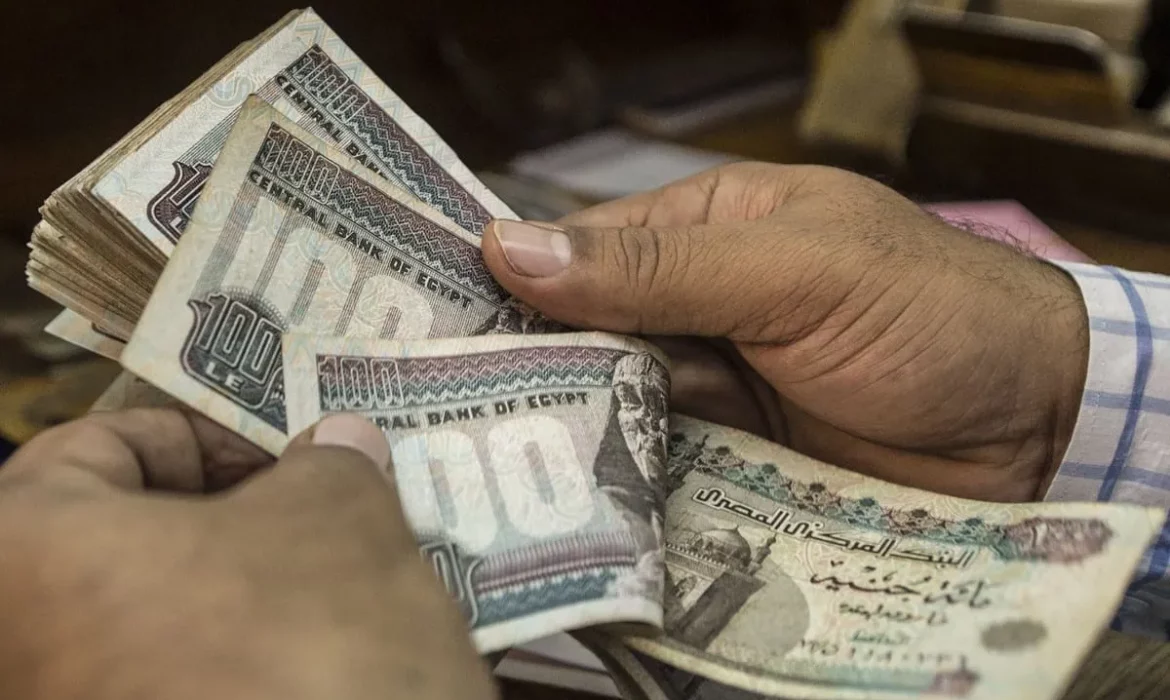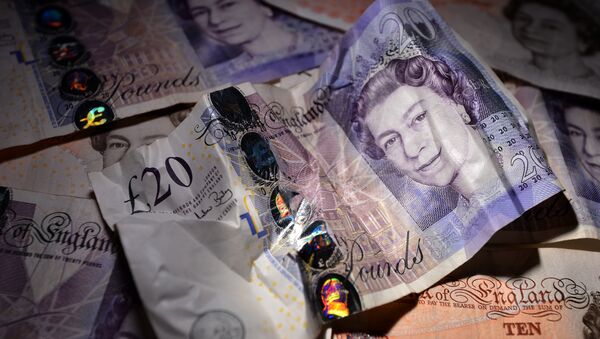The Currency Remains Under Pressure While Inflation Accelerates
On Thursday, Egypt’s second currency devaluation this year will likely result in another significant rise in interest rates. This choice might also suggest how the monetary authority will react if there is further pressure to reduce the pound.
At this point, consumers in Egypt’s most populated parts are coping with the fastest price growth in nearly five years. Policymakers face tough decisions that reflect the severity of the country’s worst foreign-exchange crunch in half a decade. Sharp rate increases followed both devaluations in 2022.
Estimates range from one to two percentage points. Most economists expect the Monetary Policy Committee to announce this year’s fourth rate hike.
How Big of A Turnoff Is a Policy in Egypt for Investors?
After one of the worst performances globally, Egypt’s policy is at a crossroads. The currency is still strained due to economic imbalances and a lack of foreign exchange. The importer and issuer backlogs total more than $5 billion.
Egypt has also sought assistance from the International Monetary Fund to rebuild trust in local assets. This is in addition to 500 basis points of rate increases this year. Egypt received a $3 billion loan from the IMF last week. Additional financing of roughly $14 billion is expected from worldwide and regional partners due to the arrangement.
The central bank’s situation is made worse by worries about consumer prices. Inflation is expected to reach 19% next year, and it may even reach 20% if current trends continue.
On Thursday, the MPC is expected to announce a new inflation target. That goal was 7% on average in the fourth quarter, plus or minus two percentage points.
Since depreciating it in October, Egypt has only allowed the pound to move in tiny steps. This is despite announcing a change to a more flexible exchange rate. According to the state-run Al-Ahram newspaper, the pound has been selling for up to 33 Egyptian pounds per dollar on the black market, much lower than the spot rate of 24.8.
Foreign investors are turned off by the unwillingness to allow for quicker currency depreciation. Their withdrawal from Egypt’s bond market this year has helped push bond yields up by the most since 2016.
Importers will no longer be required to get letters of credit for some goods imported from abroad by the end of 2022. According to the central bank, this may put added pressure on the pound.
















